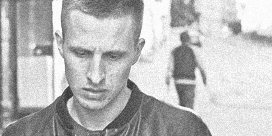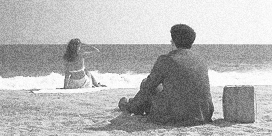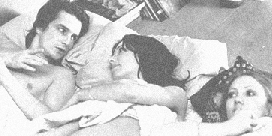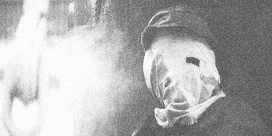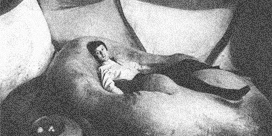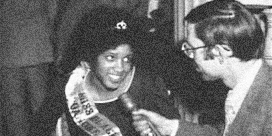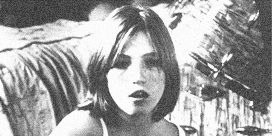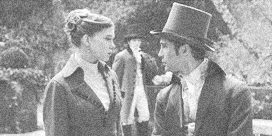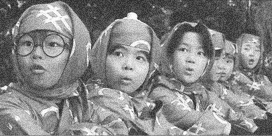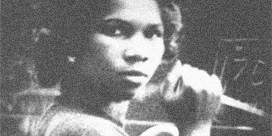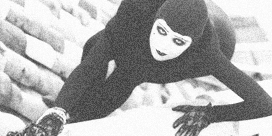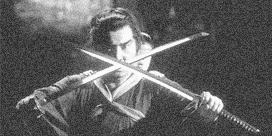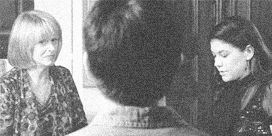October Twentieth Two-Thousand Eleven
by Veronika Ferdman I don’t know how often most people dwell on the topic death (it certainly haunts Woody Allen), but the absoluteness of its occurrence is one of my areas of constant rumination. Thus, I watch films, read books, look at paintings, (consume art), to find an ordering structure, one that attempts to either explain the grand totality of the universe (The Tree of Life) or a small fraction, a micro moment in the space of time (Oslo, August, 31st). Instances in which I encounter a work that resonates with me, that gives me a piece of the puzzle (pages of Kerouac’s Big Sur, Chaplin’s monologues in Limelight), the fear of death (or life) lifts for a minute.
Joachim Trier’s second feature, Oslo, August 31st premiered in the Un Certain Regard section at Cannes, but should have been selected as part of the competition. It covers a day in the life of a recovering drug addict, Anders, as he finds himself back in Oslo, confronting old friends and family members after months away at a rehabilitation facility. The sad truth of the film is that life is overwhelmingly, horribly mediocre. In a scene in a café Anders sits alone, ebbing in and out of focus (a man who starts the film with a suicide attempt and spends the rest of the day figuring out if life on Earth is worth it has a physical/visual impermanence). We hear the clamor of the conversations around him. A girl reads off a list of things she wants to do (write a great novel, go ice bathing, swim with dolphins, live to be a hundred, etc.) These words are juxtaposed against the images of a random woman, one of the millions in Oslo, going about a horribly mundane day—she goes to the gym and runs on a treadmill, shops for groceries, puts them away, and stands alone in her kitchen. And we realize that the grandness we all dream of and expect for ourselves, for our singular lives, is not going to happen. We are mired in mediocrity. Even people with seemingly good or “happy” lives like Anders’s friend who’s married with children and is a literature professor, even his world is full of the banality of pacifiers, tedious lectures, and nights spent at home playing video games with his wife.
So: what’s there to live for if excellence on a constant, macro scale is seemingly impossible? The frame. The word. The shot. The breath. The moment. This is what burns white hot and lights the night. In two shots lasting less than a minute Anders and his friends go on a night-time bicycle ride through the dreaming, blue velvet streets of Oslo. His friend releases fumes from a fire extinguisher which appear like wisps of clouds that they glide through on their bikes. The laconic mystery and beauty of this small occurrence transcends the dull pulse of existence. I don’t know how many moments we’re granted like that in life. One a month? A week? A day? And maybe for some people an instance of magic, a period in which the veil lifts and your dreams become tactile, maybe that’s not enough. It’s not for Anders. But it’s enough for me.
